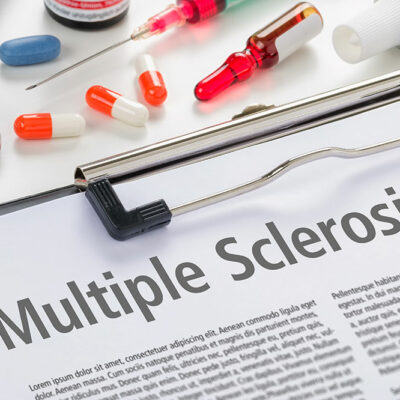
Health
7 Early Warning Signs of Ovarian Cancer
Ovarian cancer is the cancer of the ovaries – the two almond-shaped organs which are on either side of the uterus, situated deep in the abdominal cavity. Ovarian cancer does not always show clear symptoms in the early stages and can be challenging to detect. Only around 15% of ovarian cancer cases are diagnosed in the early stages of cancer. Some of the early symptoms which are commonly felt and should not be ignored are. 1. Bloating Most women with ovarian cancer experience an uncomfortable feeling of fullness in the belly. The pelvic region feels bloated like you feel around your monthly cycle. The bloating continues even after your menstrual cycle. Do not ignore persistent or recurrent bloating or if it does not get better after your periods, or even with medication or home remedies. 2. Feeling full soon after eating You may feel full quicker than before and even after having small portions of your meal. There is a considerable loss of appetite too. If you feel you cannot eat like before and leave your meal unfinished, consult your doctor at the earliest. If there is no digestive disorder, check with your gynecologist for a physical examination to rule out any reproductive system cancer.
Read More 















